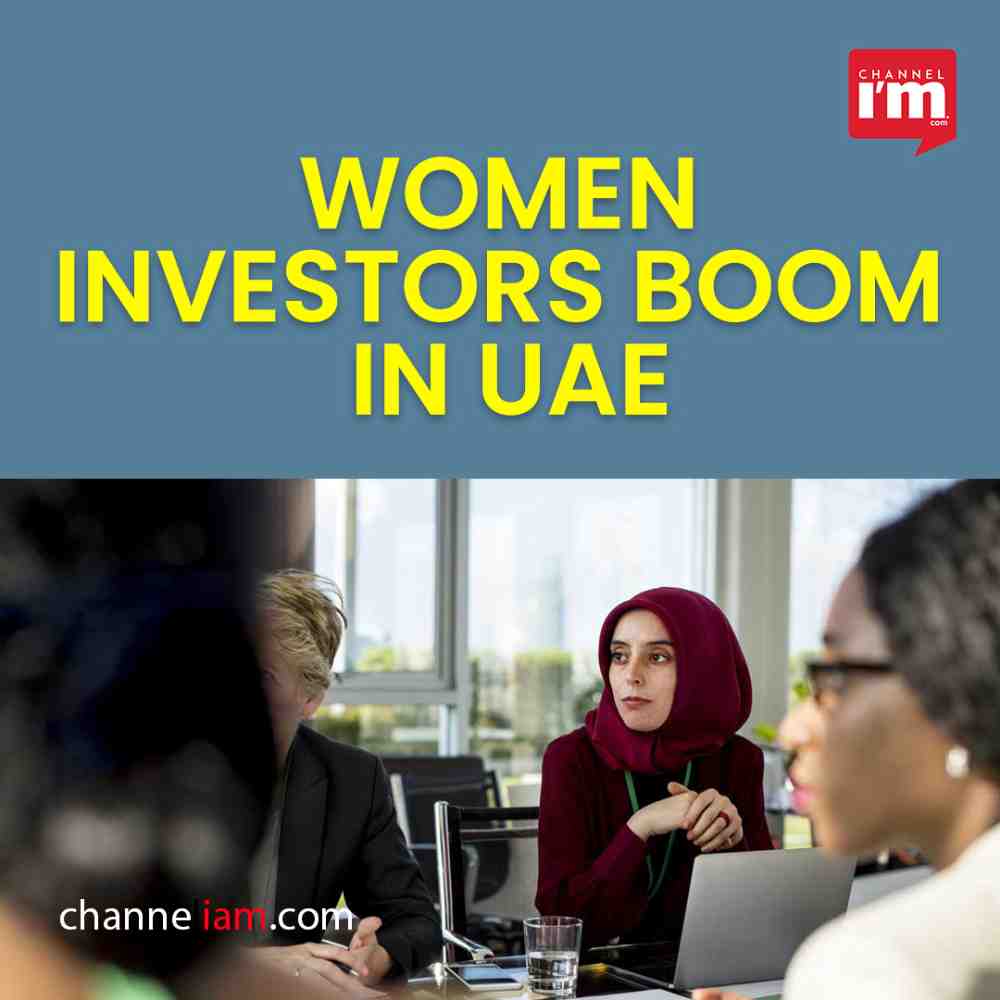With the number of women investors in the UAE surging by a staggering 51 percent in 2022 over the previous year, the rising empowerment of women in the nation is assisting the fairer sex in shattering another traditionally male fiefdom: Market Investing.
According to Industry Analysts, the threat of household budgets being unbalanced in the aftermath of significant price rises for goods across categories is regarded as motivating women to invest significantly in inflation-beating saving choices across a diverse asset portfolio.
The rise of micro-investing applications, which make it simple and inexpensive for people to invest tiny sums of money on a daily basis, is one factor contributing to the growing trend of women investors. This development encourages a saving culture among a larger population in the nation.

An increase in Female Investment in the UAE
According to Shivansh Rachit, founder and COO of Hedge & Sachs, the Nation’s top Investment and Asset Management Firm, “the increase of women investors in the UAE is expanding at an unprecedented rate.” Rachit made this statement to Arabian Business.
Rachit said that “women, in particular, are breaking down boundaries and being more active in money management.”
Perhaps one example of this can be seen in the DLD (Dubai Land Department) data, which showed that female real estate investment increased by 50.7 percent in 2022 compared to the previous year.
The Chief Executive of Hedge & Sachs stated that the current environment primarily views the trend of increased female investing as a hedge against inflation.
In the UAE, household expenditure is anticipated to increase by 4% in 2023, driven by increased rental costs, higher domestic fuel costs, and intense demand-side pressures on goods across all categories.
The necessity for investors to insure their investments against inflation is highlighted by the fact that these factors have kept pressure on prices even in the present year, according to Rachit.
He claimed that diversification is one strategy for reducing the impact of inflation on assets.
“By distributing money among several asset classes, including stocks, bonds, commodities, and real estate, diversified investments can act as a buffer against inflation. By doing this, you may shield your assets from the depleting impacts of inflation and take advantage of the expansion prospects of various investment markets, according to Rachit.
According to the top executive of the investment firm, which provides international financial services to individual and institutional investors in the UAE, by diversifying their investments across different asset classes, investors can also lower their exposure to market risks and inflation, potentially improving their long-term returns.
According to Rachit, the introduction of micro-investing applications has contributed to the UAE’s growing culture of saving among women and a larger population.
“Micro-investing platforms provide a wide range of investment alternatives, including stocks, bonds, and ETFs, to accommodate various financial goals and risk tolerances.
Younger generations, who are frequently more at ease with digital technologies and look for affordable, simple investing options, are particularly drawn to this trend, according to Rachit.
